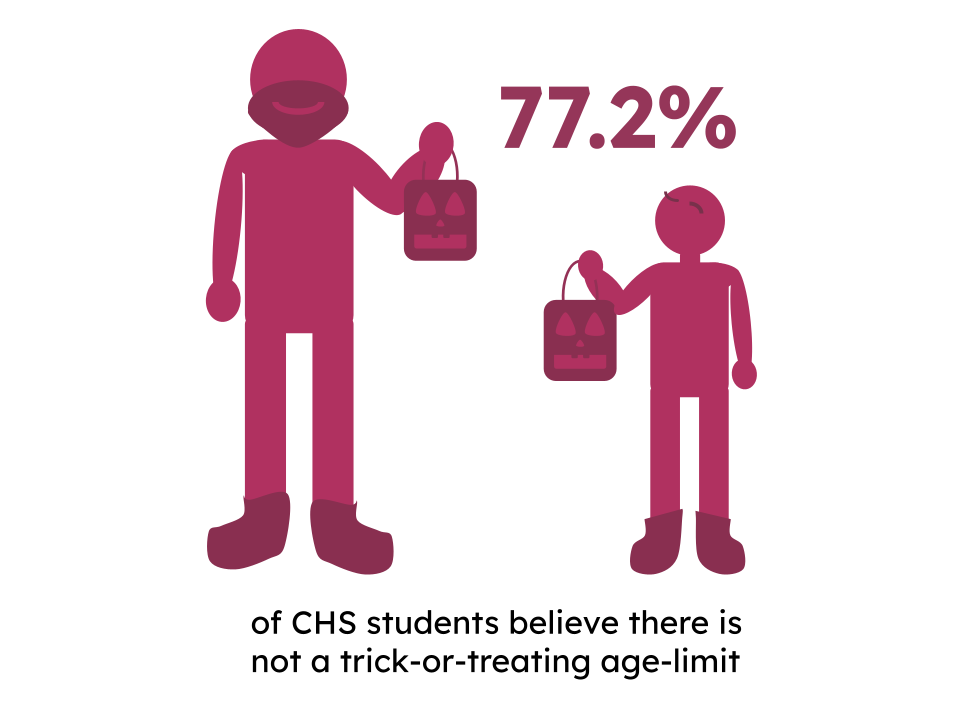
Police officers slam a tenth-grader onto the hood of a cop car. A letter arrives on the doorstep of a man’s home, and the contents of it, a mysterious white powder, spills onto his newborn daughter, hospitalizing her.
If these events sound too bizarre to have happened, that’s because they didn’t.
According to a recent article from The New Yorker, these are a few of the many fabricated stories of Hasan Minhaj, a 38-year-old comedian known for sharing his life experiences as a practicing Muslim in an Indian family living in the United States.
Minhaj hosted a Netflix series called “Patriot Act,” which won an Emmy and Peabody Award during its two-year run. He was also featured on two other Netflix comedy specials and is a leading candidate to replace Trevor Noah’s role as host of “The Daily Show.” Minhaj’s shows and stories often involve an underlying theme: the struggles of Muslim Americans growing up in post-9/11 America.
Despite his proclaimed positive intentions, he frequently exaggerates and fabricates details to emphasize this message.
For instance, Minhaj told a story that occurred in Sacramento, California. It involved an F.B.I. informant, referred to as “Brother Eric” in the anecdote, who claimed to be a convert to Islam. Although he gained the trust of the mosque community, Minhaj said he knew the man’s true intentions from the beginning. When “Brother Eric” questioned him and the other teen boys in the mosque about “jihad,” defined as the struggle with the enemies of Islam, he joked that he wanted to get his pilots license. The story ended with the local police slamming Minhaj against the hood of a cop car.
However, Craig Monteilh, the man portrayed as “Brother Eric,” revealed that the story was fictional. He had only begun working for the F.B.I. on counterterrorism measures in 2006 and worked in the Southern California region, not Sacramento.
Another instance of Minhaj’s fabricated accounts is one involving the hospitalization of his daughter.
In the joke, Minhaj recalled receiving a letter filled with white powder. When he opened the letter, the contents accidentally spilled onto his young daughter, prompting her admission to the hospital. However, once a background check done by The New Yorker revealed that neither hospital nor police records matched the incident’s description, he admitted to lying.
Many believed Minhaj took things too far in the Netflix special, “Homecoming King.” In his anecdote, he claimed that he asked his close friend and crush, a white girl, out to prom and that she had accepted. Upon arriving at her doorstep on the night of prom, he found his date receiving another boy’s corsage. He alluded to the idea that the girl’s parents were racist and didn’t want their relatives to see their daughter in a picture with a brown boy.
The woman in his story contradicted his claim, saying that she rejected Minhaj’s invitation days prior. Minhaj finally confirmed this, despite presenting his story as truth in multiple interviews.
Due to his inadequate efforts and meager attempts to protect their identities, the woman and her husband, an Indian-American, faced numerous threats from his fans. It’s worth noting that this was the main story of an hour-long Netflix special, not a quick anecdote.
In an interview with The New Yorker, Minhaj defended himself by saying that he reached out to the woman before the show aired, telling her to delete any social media posts that might have connected her to him. Minhaj appeared to be aware he was putting a woman in danger but decided to follow through with the material anyway.
Minhaj focuses on the message he wants to convey rather than the fact that he’s painting individuals in a false light and putting them in harm’s way, turning a blind eye to the potential real-world consequences.
As discussed earlier, Minhaj is a leading candidate to replace television host and comedian Trevor Noah on comedy news outlet “The Daily Show.” But an apathetic person, who uses fictional stories to emphasize certain beliefs, is not the ideal candidate for hosting a program millions of Americans rely on for factual news.
Lies when used for lighthearted jokes are generally harmless. However, if real events are being lied about to underscore the comedian’s political beliefs, it becomes unacceptable. A few seconds of laughter is not worth ruining an innocent person’s life.










